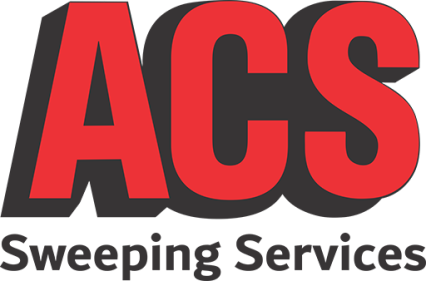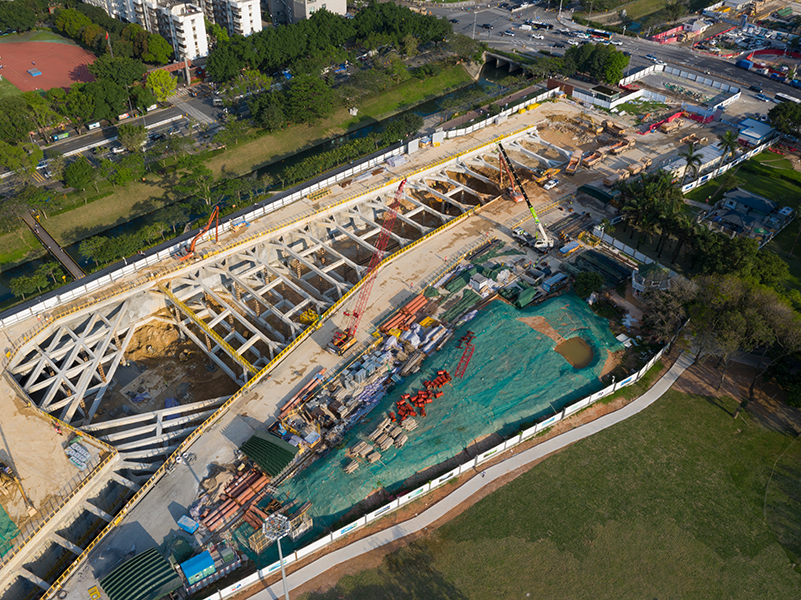Construction sites are often hectic and congested, requiring extensive coordination and planning. One essential but overlooked aspect of these sites is keeping them clean and free of debris. Maintaining cleanliness is crucial for the safety of workers and visitors, as well as compliance with federal regulations. In this article, we will explore how pavement sweeping provided by ACS Sweeping can help keep construction sites clean.
Compliance with Federal Regulations
Under the Clean Water Act of 1972, construction sites must adhere to the Stormwater Pollution Prevention Plan (SWPPP) to minimize the discharge of pollutants into nearby waterways and prevent erosion. Pavement and street sweeping are among the best management practices (BMPs) used to help construction sites comply with SWPPP regulations. By removing sediment and pollutants from the site, sweeping can prevent their transportation to nearby waterways. Reducing the amount of debris and dirt that leaves the construction site can help construction companies avoid legal action and costly fines.
Controlling Track Out
Track out is a common problem that occurs when construction vehicles, equipment, and workers transport dirt, gravel, or other materials from a construction site to nearby streets, sidewalks, and storm drains. This debris can cause several problems, including air quality issues and potential water pollution if the materials enter storm drains, ultimately leading to water bodies such as rivers and streams.
Controlling track out is crucial to prevent erosion, reduce airborne dust, and prevent pollutants from entering nearby waterways. Sweeping is a proven BMP that helps control track out by removing dirt, dust, and debris from the surface of paved areas before they are transported off the construction site.
Erosion Control with Pavement Sweeping
Soil erosion is common during construction as the ground surface is often disturbed, leading to soil displacement by water, wind, or gravity. The soil is then carried away, causing environmental and property damage. Soil erosion can also result in sedimentation of nearby waterways, which can harm aquatic life.
Pavement sweeping is an effective way to control erosion by removing soil and debris from paved areas, reducing the amount of sedimentation in nearby waterways. Sweeping also helps prevent dust from blowing off the site, which is hazardous to workers and the surrounding community.
Additional Benefits of Regular Sweeping
In addition to complying with SWPPP regulations and controlling track out, regular pavement and street sweeping provides several benefits to construction sites. These benefits include:
Improved Air Quality – Airborne dust can be a health hazard for workers and surrounding communities. Sweeping helps reduce dust levels by removing dirt and debris from paved surfaces, improving air quality on and around the construction site.
Better Site Appearance – A clean construction site looks more professional and can create a positive image for the construction company. A well-maintained site can also help with community relations by reducing the impact of the construction project on nearby residents.
ACS Sweeping Can Help
ACS Sweeping understands the importance of maintaining a clean construction site. Their team of experts can provide comprehensive pavement and street sweeping services tailored to your site’s specific needs. They use state-of-the-art equipment and proven techniques to ensure your construction site remains clean, safe, and compliant with all federal regulations.
Contact ACS Sweeping today to learn how their sweeping services can benefit your construction site and help you meet your regulatory obligations.

